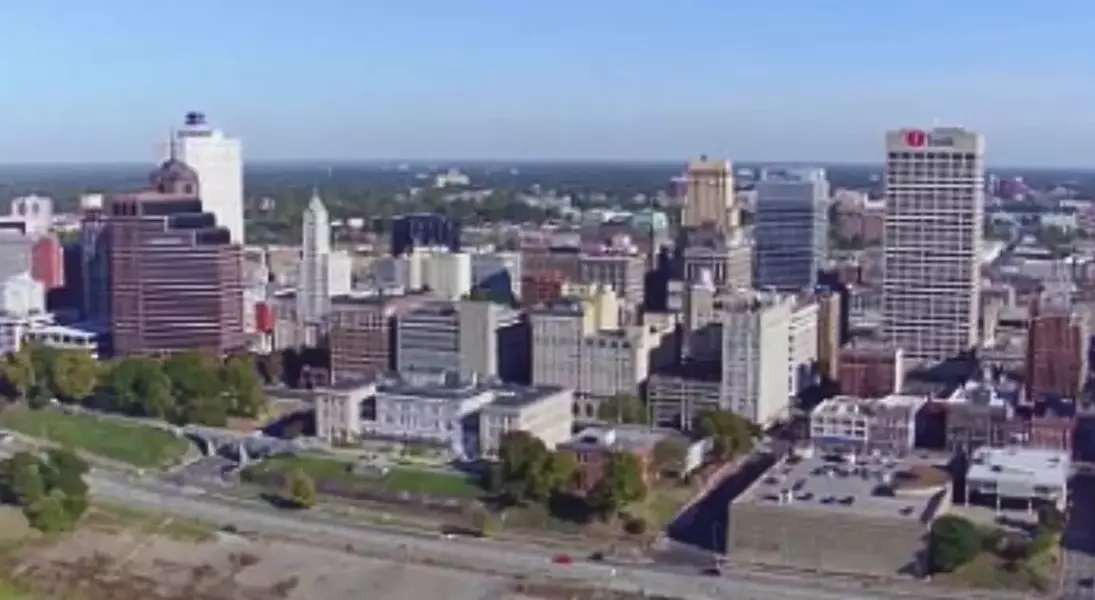
In an effort to revitalize the business landscape of downtown Memphis, the Downtown Memphis Commission (DMC) has introduced a novel program designed to attract food and beverage enterprises. Known as the Table Ready Program, this initiative offers local entrepreneurs a chance to explore whether downtown is the ideal location for their ventures. While the DMC already hosts events like Pop On Main, which primarily targets retail businesses, the new program focuses on integrating culinary establishments into the city center. The first year of the Table Ready Program serves as a pilot, with the DMC exploring options such as renting ground-floor space at the Van Vleet Flats Apartments.
An Exciting Opportunity for Aspiring Entrepreneurs in Memphis
During the vibrant autumn season, the Downtown Memphis Commission unveiled its innovative Table Ready Program, aimed at drawing more food and beverage businesses to the heart of the city. This project represents a significant shift in strategy, as previous efforts concentrated mainly on retail outlets through events like Pop On Main. Brian Mykulyn, the DMC’s program manager, explained that the initiative specifically caters to those within the food and drink industries. Located at the intersection of Gayoso Avenue and Second Street, the chosen site lies within the Van Vleet Flats Apartments. Interested parties must submit applications, although a formal business plan isn’t mandatory. Successful applicants receive a year of rent and utility coverage from the DMC, with only a modest fee required. Although the initial application period has ended, Mykulyn encourages ongoing interest, assuring potential participants that future openings will draw from existing submissions.
The Table Ready Program signifies a promising step towards enhancing Memphis’s urban core. By providing budding entrepreneurs with tangible support and resources, the DMC fosters growth and innovation in the local economy. This initiative not only benefits business owners but also enriches the community by diversifying downtown offerings. Such programs exemplify how strategic planning and collaboration can lead to meaningful urban development, encouraging other cities to adopt similar measures for economic prosperity.
